Abraham Mapu
Abraham Mapu – Wikipedia
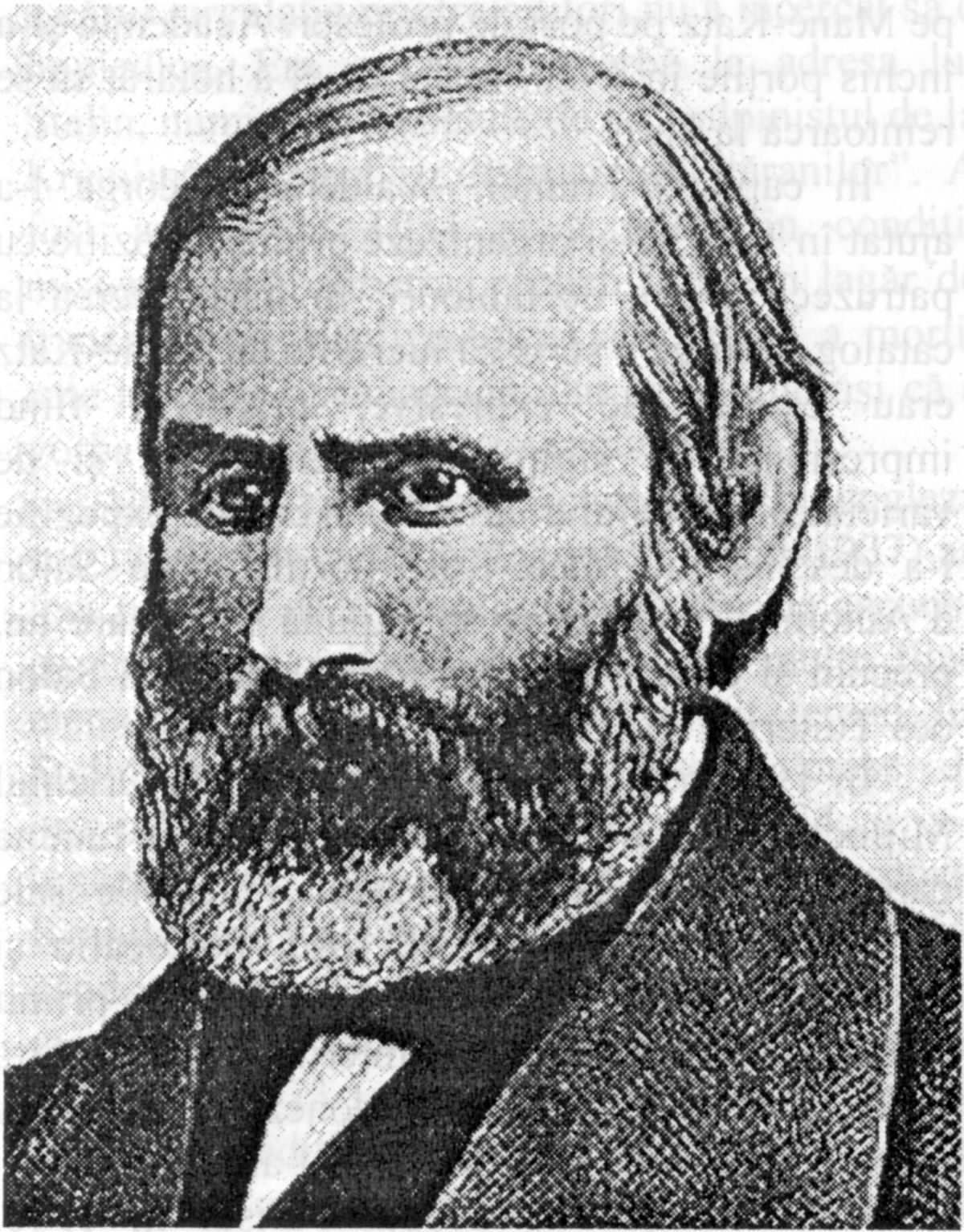
Abraham Mapu (1808 in Vilijampolė, Kaunas – 1867 in Königsberg, Prussia) was a Lithuanian Jewish novelist in Hebrew of the Haskalah (“enlightenment”) movement. His novels, with their lively plots encompassing heroism, adventure and romantic love in Biblical settings, contributed to the rise of the Zionist movement.[1]
Source: en.wikipedia.org/wiki/Abraham_Mapu



Home | International Centre for Litvak Photography
Home | International Centre for Litvak Photography

Source: litvakphoto.org

Mapu Video


Former Synagogue Buildings





Former Jewish Market



Town hall





Kaunas 2016
Kaunas 2016

Choraline Synagogue
Jewish community of Kaunas
Jews began settling in Kaunas in the second half of the 17th century. They were not allowed to live in the city, so most of them stayed in the Vilijampolė settlement on the right bank of the Neris river. Jewish life in Kaunas was first disrupted when the Soviet Union occupied Lithuania in June 1940. The occupation was accompanied by arrests, confiscations, and the elimination of all free institutions. Jewish community organizations disappeared almost overnight. Soviet authorities confiscated the property of many Jews, while hundreds were exiled to Siberia. Meanwhile, the Lithuanian Activist Front, founded by Lithuanian nationalist émigrés in Berlin, disseminated anti-semitic literature in Lithuania.[21]
Following Hitler’s invasion of the Soviet Union on 22 June 1941, Soviet forces fled from Kaunas. Both before and after the German occupation on 25 June, the anti-Communists began to attack Jews, blaming them for the Soviet repressions, especially along Jurbarko and Kriščiukaičio streets.[21] The Lithuanian provisional government established a concentration camp at the Seventh Fortress, one of the city’s ten historic forts, and 4,000 Jews were rounded up and murdered there. Prior to the construction of a museum on the site, archaeologists unearthed a mass grave and personal belongings of the Jewish victims.[26] At times Lithuanian Jews were murdered in their homes with unprecedented brutality – slowly sawing off heads or sawing people in two. The Ninth Fortress has been renovated into a memorial for the wars and is the site where nearly 50,000 Lithuanians were killed during Nazi occupation. Of these deaths, over 30,000 were Jews.[27]
7th Fort – images from my visit
Chiune Sugihara Video
Chiune Sugihara (杉原 千畝 Sugihara Chiune?, 1 January 1900 – 31 July 1986) was a Japanese diplomat who served as Vice-Consul for the Empire of Japan in Lithuania. During World War II, he helped 6,000 Jews to leave the country by issuing transit visas so that they could travel to Japanese territory, risking his career and his family’s lives. The Jews who escaped were refugees from German-occupied Western Poland or Russian-occupied Eastern Poland, as well as residents of Lithuania. In 1985, Israel named him to the Righteous Among the Nations for his actions, the only Japanese national to be so honored.
Sugihara had told the refugees to call him “Sempo”, the Sino-Japanese reading of the characters in his given name, discovering it was much easier for Western people to pronounce.[1]
Other images of Kaunas
Jewish cemeteries of Kaunas
The Jewish cemeteries of Kaunas are the four Jewish cemeteries of the Lithuanian Jews living in Kaunas, known to them as Kovne, Lithuania. Jewish people started settling in Kaunas in the second half of the 17th century. They were not allowed to live in the city, so most of them stayed in the Vilijampolė settlement on the opposite than Kaunas Castle right bank of theNeris River, near the its confluence with the Nemunas River. Since the second half of the 19th century, Kaunas became a major center of Jewish cultural and economic activity in Lithuania.
The oldest Jewish cemetery in Vilijampolė was destroyed by the Soviet authorities after World War II during the Soviet occupation and Lithuanian SSR times, and the fourth is still active.[1]
The second and the largest Jewish cemetery is situated in the residential Žaliakalnis elderate, near the Ąžuolynas park. Among others, the Rabbi of Kovno and the head of Kovno Kollel Yitzchak Elchanan Spektor was buried in the Jewish cemetery of Žaliakalnis. The cemetery is left neglected at the moment.[2]
The third cemetery is located in the Panemunė elderate on the left bank of the Nemunas River. Only 3 gravestones are visible in the Jewish cemetery of Panemunė.
The fourth and still active Jewish cemetery is located in Aleksotas elderate near the Nemunas River.
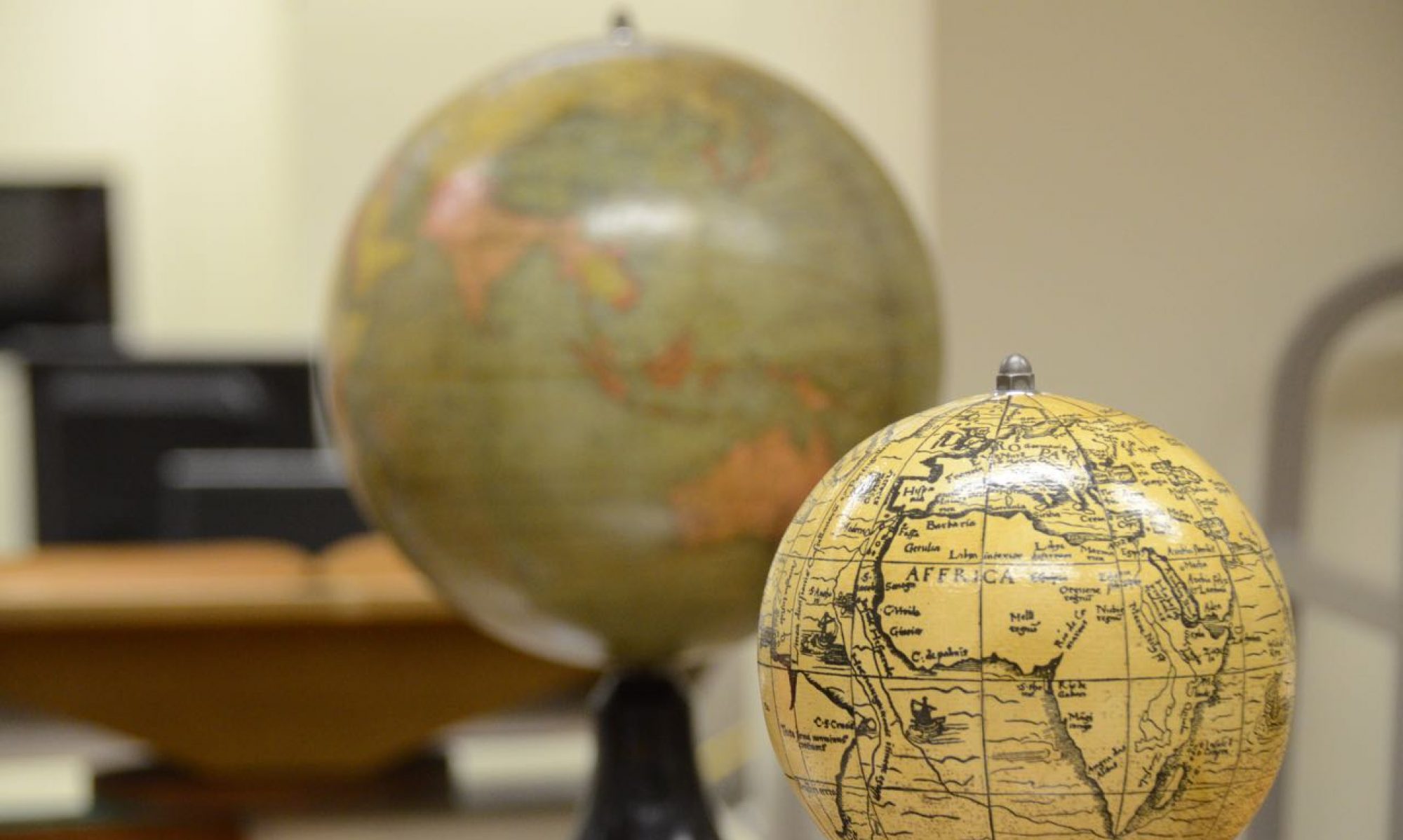




































































































































































































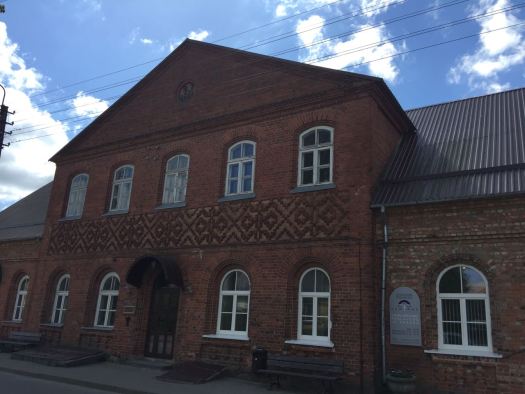









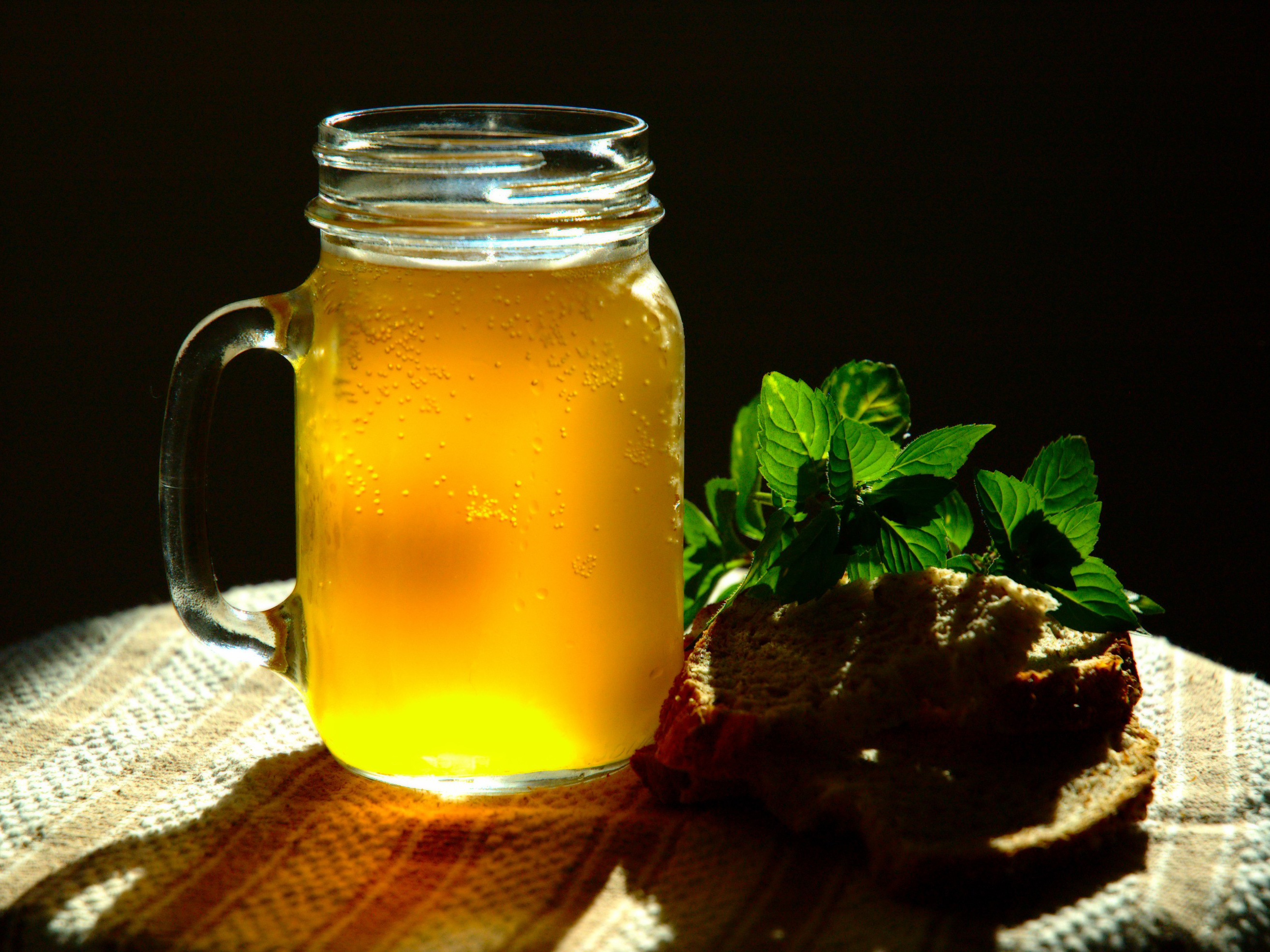



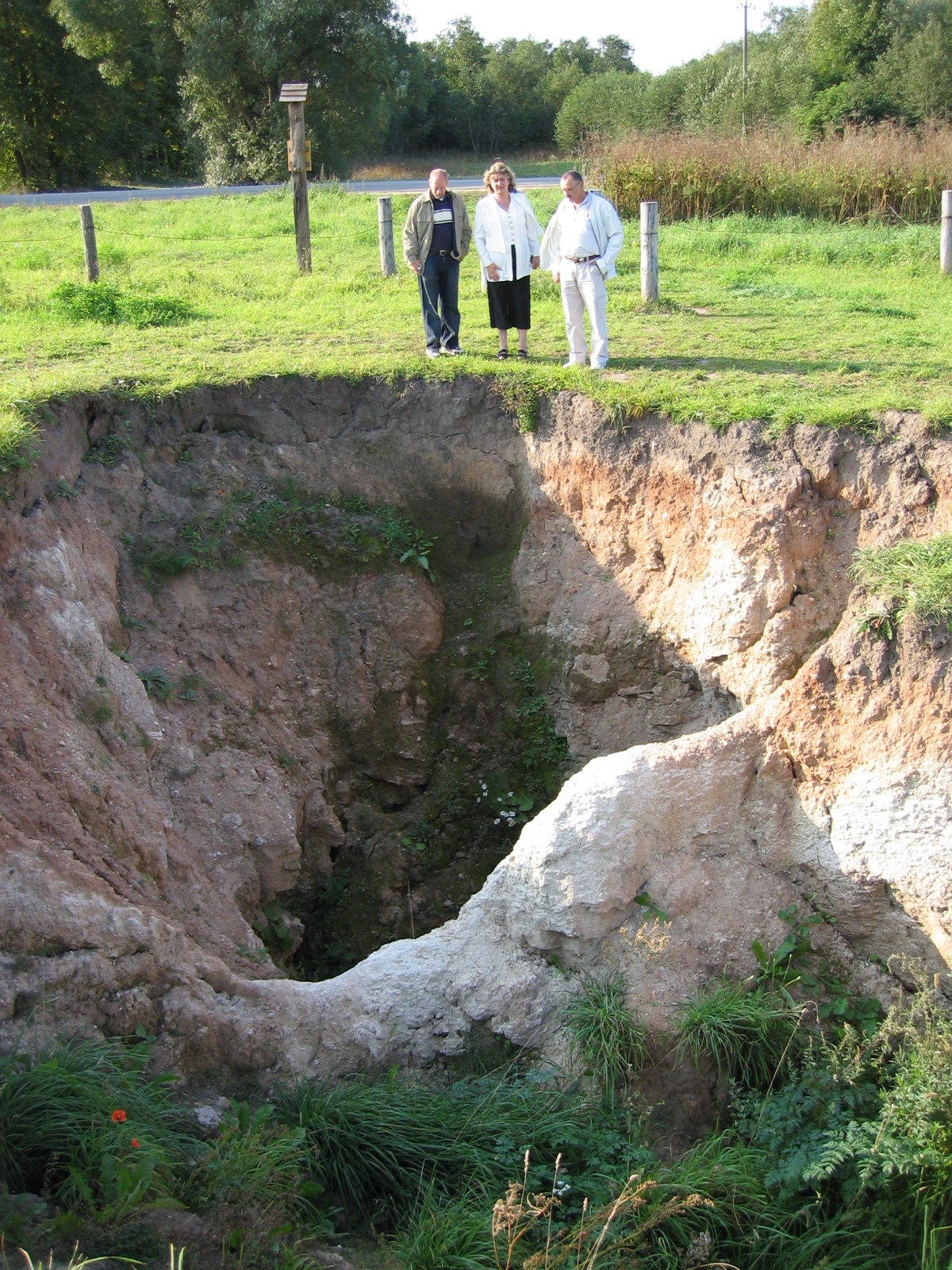









































































































































































































































Richard Shavei Tzion
Cape Town born Richard Shavei-Tzion is an autodidact in all his fields of creative activity. At age 18 he was invited to conduct the Pine Street Shul Choir in Johannesburg. Since then he has directed choral ensembles in both South Africa and Israel. For the past 20 years he has directed the Ramatayim Men’s Choir, Jerusalem which has grown from an ad hoc group of 4 friends into an internationally renowned ensemble consisting of 40 singers. He has conducted High Holidays services for the past 35 years in South Africa, Israel, the U.S.A. and Canada and is often invited to lead communal events, singing and playing guitar. He also composes and arranges Jewish music, mainly for the RMC.